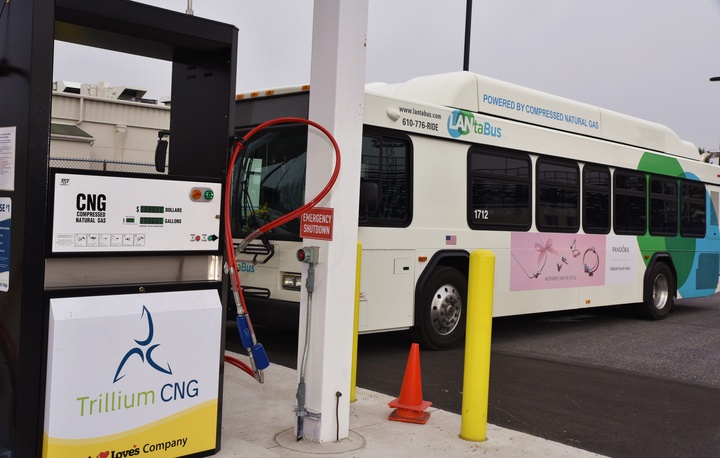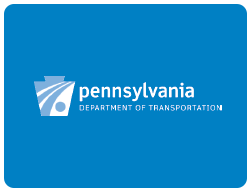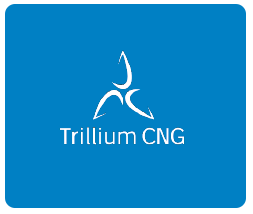Natural Gas Vehicles for Public Transit Agencies
- Business Case Studies >
- Natural Gas Vehicles for Public Transit Agencies
AUDIENCE
Transit Agencies
SCOPE
28 Fueling Stations
CO2 EMISSIONS REDUCTION
20 Million Pounds/Year
OPERATIONAL COST SAVINGS
$50 Million
Millions of Rides, Millions in Fuel Costs
Every year, millions of rides are provided to Pennsylvania residents who rely on public bus service to transport them where they need to go. Behind that service are hundreds of millions of dollars in annual operating costs, including tens of millions in fuel costs. In recent years, rising prices and high volatility of gasoline and diesel prompted the Pennsylvania Department of Transportation (PennDOT), which funds PA’s transit agencies, to investigate alternative fuels. Considering PA’s easy access to low-cost and abundant natural gas supply, the solution was clear.
Compressed natural gas (CNG) as a fuel source for transportation vehicles offers a myriad of benefits over its more traditional counterparts, such as a lower price-point, greater price stability, reduced operating costs and fewer emissions.

P3: A Quicker, Cost-Saving Mechanism to Future Cost Savings
Concurrently, Act 88 of 2012 authorized Public Private Transportation Partnerships (P3), which offer many benefits by transferring the responsibility for delivering, operating, financing and maintaining projects to the private sector. Leveraging the P3 procurement mechanism facilitates quicker project implementation and can result in significant capital cost savings.

Transit Agencies
Offered in most PA counties, fixed-route bus service is one of the most heavily utilized transit services in Pennsylvania, providing tens of millions of trips annually. Historically, transit agencies’ fleets consumed more than 10.2 million gallons of fuel annually at a cost of approximately $30.6 million.

PennDOT
Pennsylvania invests over $1.5 billion annually in public transportation, ranking fourth in the US in direct support. Among its many responsibilities, PennDOT oversees the operating and capital investments of PA’s public transportation system and operates one of the most ambitious and comprehensive P3 programs in the nation. In 2014, the P3 Board approved the project to partner with the private sector to develop cleanburning compressed natural gas fueling stations at public transit agencies around the state.

Trillium
After a year-long procurement process, PennDOT announced its partnership with Trillium to design, build, finance, operate and maintain CNG fueling stations through a 20-year P3 agreement. Trillium is a provider of renewable fuels and alternative fueling solutions, specializing in fuel supply, design, installation and operation of alternative energy infrastructure and equipment.
Project Specifics
The 20-year project includes a projected 5-year construction period for 28 CNG fueling stations across the state, along with any necessary retrofits to existing transit facilities for maintenance on CNG vehicles. Initially, six of the fueling stations will offer access to the public. Trillium has the option to add additional public sites in the future. The new transit agency fueling stations will supply natural gas to a fleet of hundreds of CNG buses at participating transit agencies.
The project was funded through an $84.5 million, 20-year P3 agreement with Trillium which includes operating and maintenance costs. Each participating transit authority is responsible for securing funding for their new fleet purchases, much of which comes from state or federal grants. Additionally, PennDOT will receive a 15% royalty, excluding taxes, for each gallon of fuel sold to the public at public stations.
$50MM in Projected Savings and More
Compressed natural gas vehicles offer a multitude of benefits for organizations with light and medium duty fleet vehicles. Operating costs are lower due to a significant price advantage of natural gas over gasoline or diesel. Additionally, Pennsylvania’s abundant, local supply is less volatile and less sensitive to outside factors, aiding in more predictable expenditures. Maintenance and capital costs are lower, too, due to cleaner combustion and less engine vibrations. This results in a longer useful life for vehicles converted through the program. CNG fleets also provide environmental benefits with a more efficient combustion process, producing fewer emissions.
PennDOT estimates cumulative savings of $50 million in fuel costs. Each agency’s annual savings will vary based on their fleet and routes; Lehigh and Northampton Transit Authority (LANta) Allentown fleet for example, estimates annual savings of more than $750,000 with their 76-bus fleet. Environmental benefits are also significant, with an estimated reduction of 20 million pounds of carbon dioxide annually.
